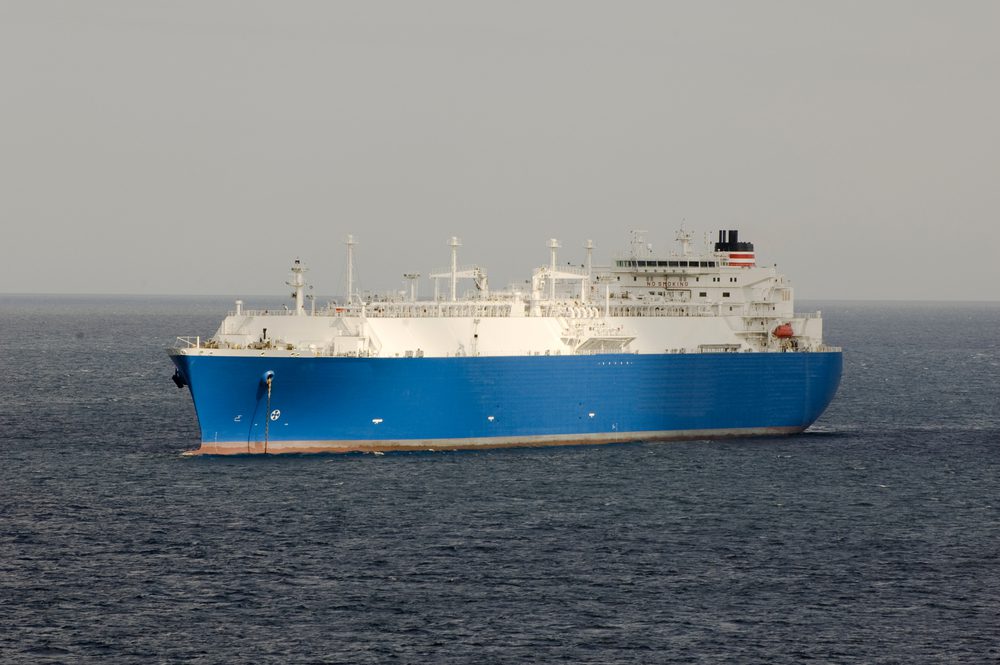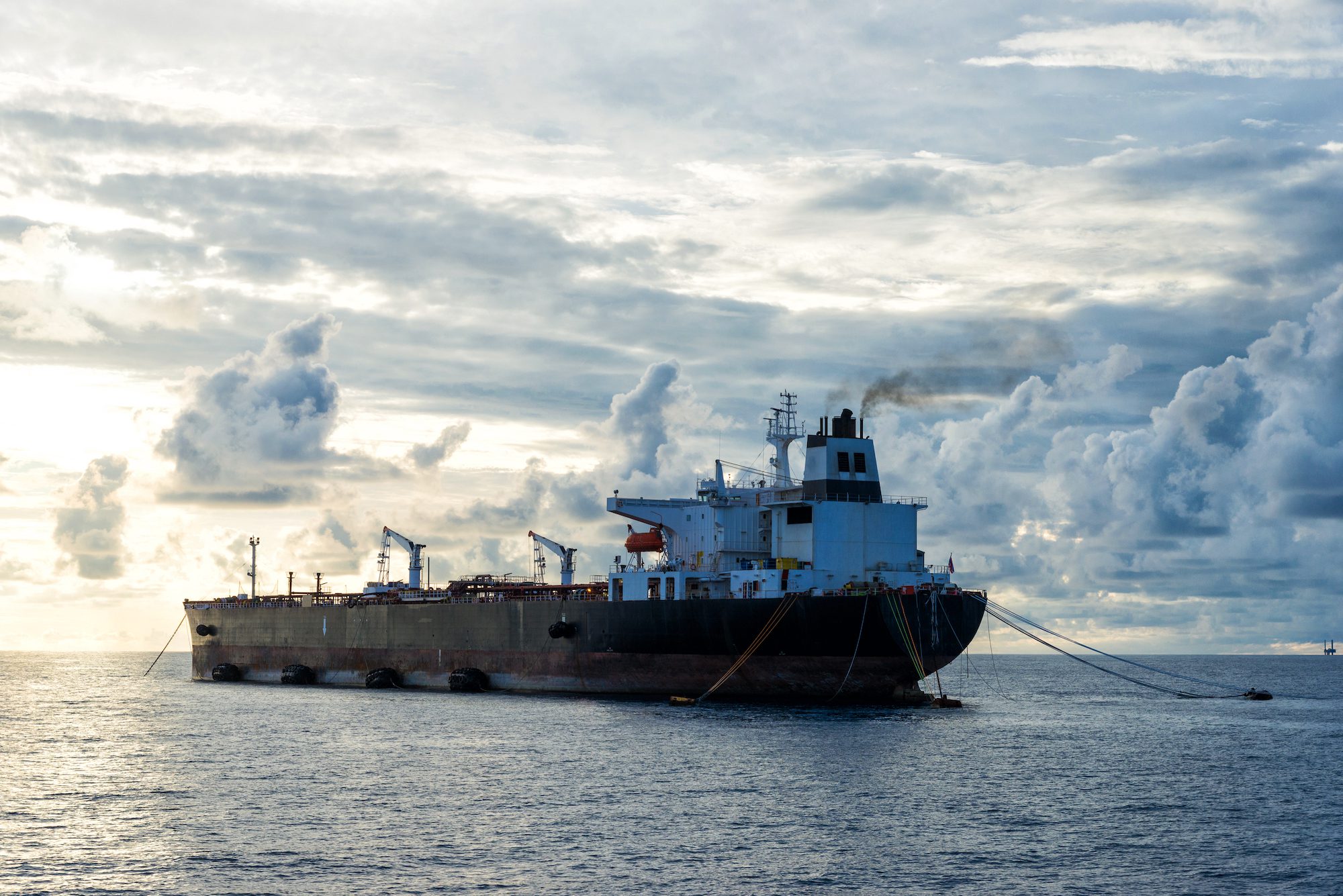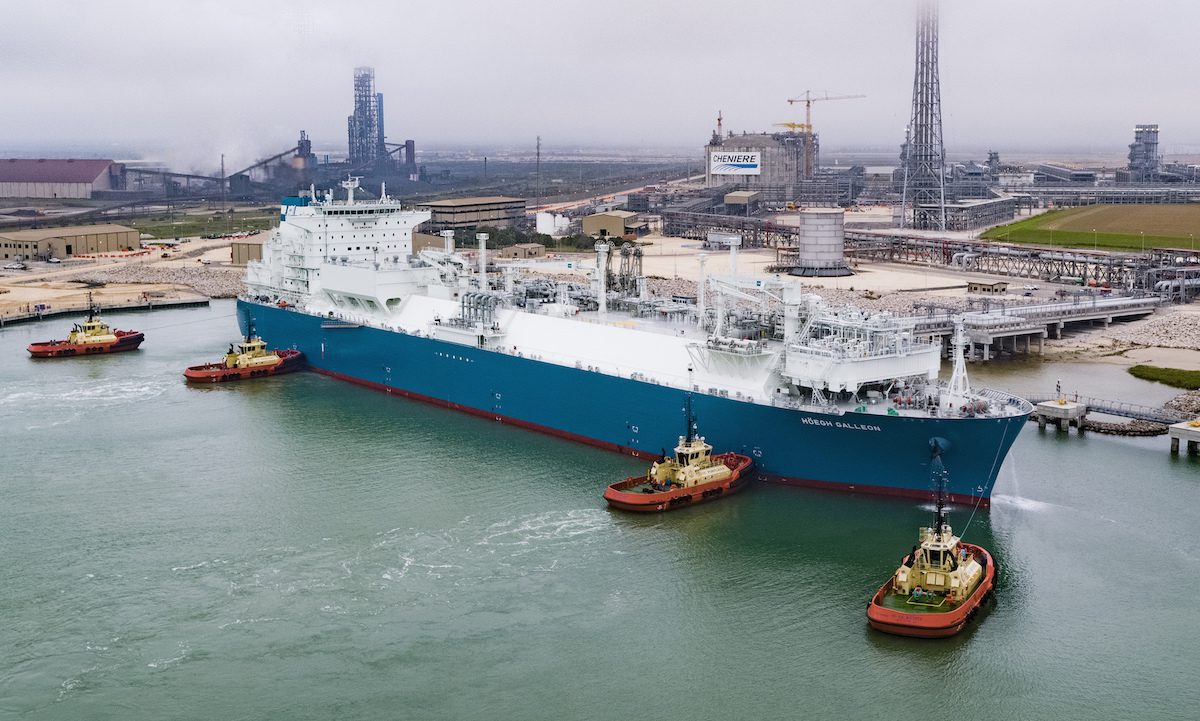NEW YORK, June 23 (Reuters) – U.S. liquefied natural gas (LNG) developers are on track to approve three export projects capable of processing 5.1 billion cubic feet per day (bcfd) of gas in the first half of the year, a record volume for new LNG projects in any year.
The U.S. became the world’s largest LNG producer by installed capacity in 2022 driven by the boom in LNG plant construction and a decade of surging shale gas discoveries. U.S. LNG exports are poised to reach 12.1 bcfd this year and 12.7 bcfd next year.
The latest approvals are chipping away at a backlog of projects pursuing financial support and customers willing to sign long-term contracts. Analysts say demand for the fuel will keep the flow of approvals coming this year.
“We expect global LNG demand to grow from 399 million tonnes in 2022 to 627 million tonnes by 2035, more than a 50% increase,” said Michael Stoppard, global gas strategy lead at data provider S&P Global Commodity Insights.
U.S. LNG developers this year have already approved the construction of two projects: the second 1.2-bcfd phase of Venture Global LNG’s Plaquemines in Louisiana and Sempra Energy’s 1.8-bcfd Port Arthur in Texas.
NextDecade Corp said it expects to greenlight the first 2.1-bcfd phase of its Rio Grande LNG project in Brownsville, Texas by month’s end. First production could take place in 2027, it said.
MOST VOLUMES
The final investment decisions (FID) allow the companies to start major construction after signing construction and financing agreements. New plants generally take from three to five years to produce their first LNG.
The combined 5.1 bcfd of gas is the most U.S. approved volumes in one year since 2014, when three projects capable of processing 4.9 bcfd won financial go-aheads. The seven U.S. export plants now operating can turn about 13.8 bcfd of gas into LNG.
Several other LNG export projects hope to land enough customers to secure go-aheads this year – some have been in development for years.
Analysts have said two of the front-runners are the first 0.4-bcfd phase of Delfin Midstream’s offshore Louisiana project and the first 1.3-bcfd phase of Venture Global’s Calcasieu Pass 2 (CP2) project in Louisiana.
There are four U.S. LNG plants under construction: the QatarEnergy and Exxon Mobil Corp 2.4-bcfd Golden Pass joint venture in Texas, Venture Global’s 2.9-bcfd Plaquemines, Cheniere Energy Inc’s 1.5-bcfd Corpus Christi LNG expansion and Sempra’s Port Arthur.
As those four enter service from 2024-2028, U.S. LNG export capacity will rise to 15.3 bcfd next year to 22.3 bcfd in 2028.
Current LNG capacity is 10.1 bcfd in Qatar and 11.5 bcfd in Australia. That is on track to rise to about 14.3 bcfd in Qatar with the North Field expansion around 2025 and about 12.2 bcfd in Australia with the Pluto expansion around 2026.
(Reporting by Scott DiSavino in New York and Marwa Rashad in London; Editing by Conor Humphries)
(c) Copyright Thomson Reuters 2023.

 Join The Club
Join The Club












